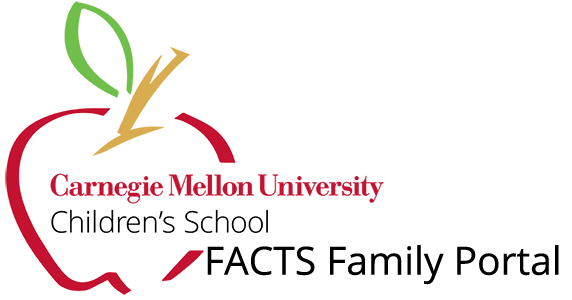Children’s School Justice, Equity, Diversity, and Inclusion (JEDI) Committee
Diversity and inclusion have always been important core values for the Children’s School so we have taken time to ensure that our practices are welcoming and responsive to people of all backgrounds.
Like many organizations, we became even more intentional about these values after the death of George Floyd in 2020, offering caregiver and teacher workshops on race, racism, and anti-bias education and reflecting carefully on our practices through a DEI lens. We decided to form the Children’s School staff Justice, Equity, Diversity & Inclusion (JEDI) committee at the beginning of the 2022 school year to ensure our continual learning regarding anti-bias, anti-racist, and inclusive education. Since that time, this committee has met monthly to discuss JEDI issues relevant to our work as early childhood educators. The JEDI committee is a staff committee with teacher representatives from each age group. Last year, much of our work centered on crafting a JEDI mission statement for our school and truly thinking deeply about what the terms justice, equity, diversity, and inclusion mean for us in practice. This mission statement and defined terms can be found in the staff and family handbook and will soon be posted to our website. You might be wondering why a JEDI committee, why not just a DEI committee? Justice is a key component of anti-bias education. As such, we felt it was important to include this term in our mission and values.
We also engaged in professional learning with the entire staff about the four goals of anti-bias education and how we can incorporate these goals into our learning objectives more explicitly.
The 4 Goals of Anti-Bias Education
Each child will express comfort and joy with human diversity, accurate language for human differences, and deep caring human connections.
Each child will increasingly recognize unfairness, have language to describe unfairness and understand that unfairness hurts.
Each child will demonstrate empowerment and the skills to act, with others or alone, against prejudice, and/or discriminatory actions.
JUSTICE, EQUITY, DIVERSITY, & INCLUSION (JEDI) POSITION STATEMENT
(From the Handbook)
The Children’s School JEDI Committee exists to promote and implement justice, equity, diversity, and inclusion throughout our entire school community. At The Children’s School, our commitment to JEDI values is continuous, and we recognize that this commitment requires ongoing learning and growth. We fully embrace the Dietrich College DEI statement in that we strive to be a place where “people of all identities, perspectives, and experiences feel welcome, able to present their authentic selves, and empowered to reach their full potential.” We are a continuous learning community where all feel welcomed, valued, and empowered.
What does Justice, Equity, Diversity, and Inclusion mean to US?
Justice
We are committed to standing up for and centering the voices of those who have experienced injustice. We look for opportunities in our school community to share power and seek input on our policies, practices, and ideas. We strive to notice injustices and commit to standing up against them, to advocate for change, and to help children learn to do the same.
Equity
True equity is when all individuals receive what they need to be successful. We practice equity in the Children’s School community by learning about and working to remove barriers that may prevent the ability to achieve success. We support the creation of tools and environments that amplify marginalized voices andseek to increase access to resources and networks.
Diversity
We recognize and highly value the unique backgrounds and identities of all individuals. We know that this uniqueness is shaped by race, ethnicity, national origin, gender, gender identity, sexual orientation, socioeconomic status, age, physical abilities, religious beliefs, political beliefs, neurodiversity, and lived experiences.
Inclusion
We believe that everyone is welcome and should feel as though they belong here. An inclusive environment is one where everyone's needs are addressed and they feel empowered to fully participate. We are learning to involve more unique perspectives, and we seek to be a space where everyone is warmly welcomed, respected, supported, and valued in their personhood.




